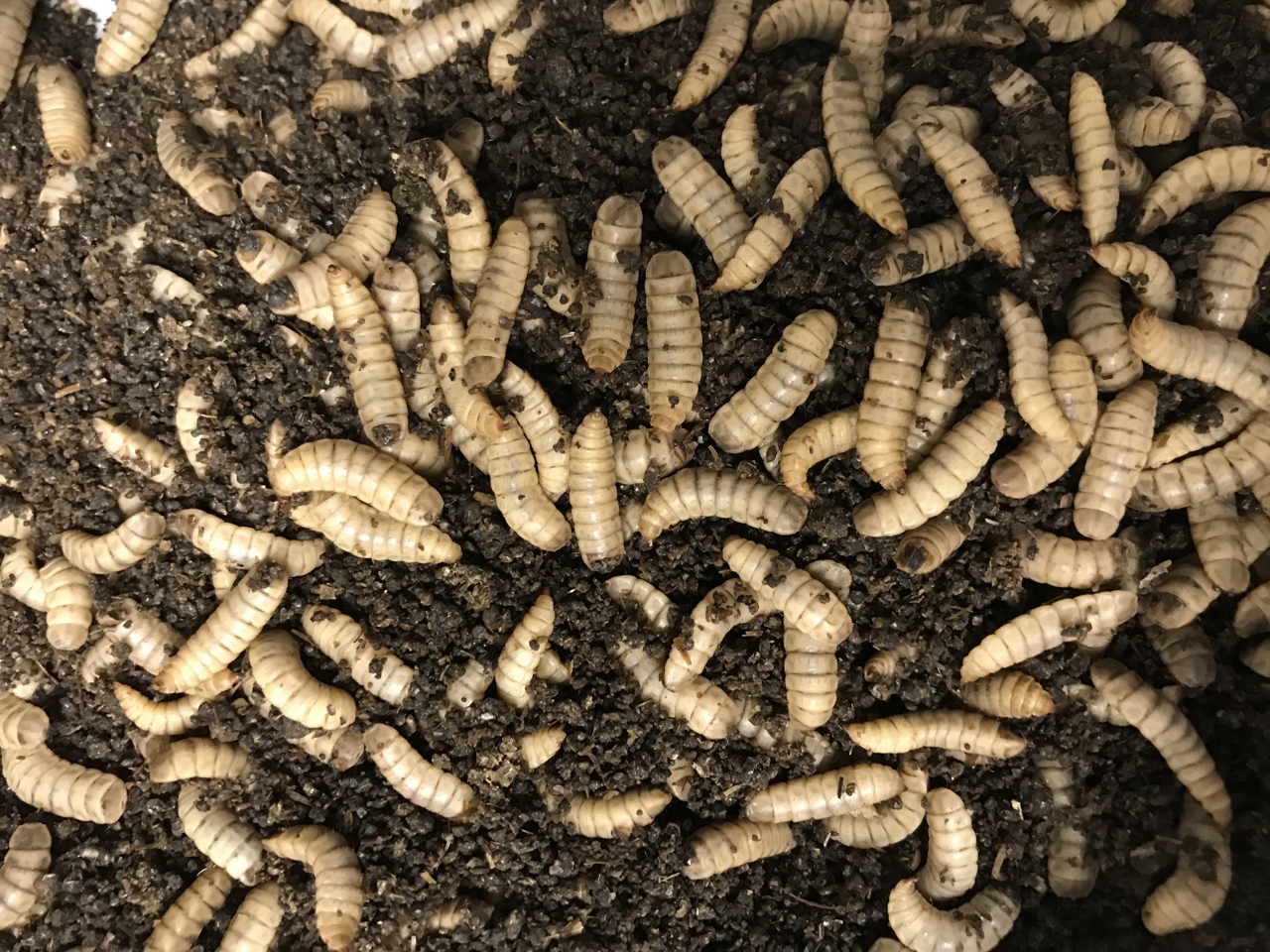Part of the circular economy
A first step will be performing experiments to select which insects to focus on from the around one million variants currently described. The gross list includes mealworms, houseflies, different moths and soldier flies, and the experiments will show which species will be most suitable for achieving the desired characteristics under feasible breeding conditions. The researchers hope that in the future, insects will be an important source of protein – either directly as food or indirectly as feed for other animals such as fish and chickens. But the aim is not just to provide large amounts of protein – insects will also play an important role in societal waste management, as they can consume and provide value to waste products from butcheries and wastewater treatment plants, among other things.
“Our aim is to identify the optimal type of insect for the optimal by- and waste products so that the overall system gains the maximum benefit,” Associate Professor Simon Bahrndorff explains. “We intend to look at a wide range of aspects relevant to food production – greenhouse gas emissions, food conversion per kilogram finished protein, available food sources, growth rate and so on. We want to provide a framework for efficient protein production that can also be part of the overall circular economy of our society. And of course, we will also take food safety into account, so we will be studying bacteria in and on the insects as well,” he adds.
A practical framework for insect breeding
Insect breeding is still in its very early stages, and the researchers are now taking a crucial next step through utilizing both environmental and genetic components to optimize insect production. “Right now, we need to define which insects to use, what to feed them, how to build stables for them and so on in order to establish a well-functioning breeding system with a high, healthy output. If we succeed in that, we have a framework that can be used all over the world,” Associate Professor Niels Thomas Eriksen says.

